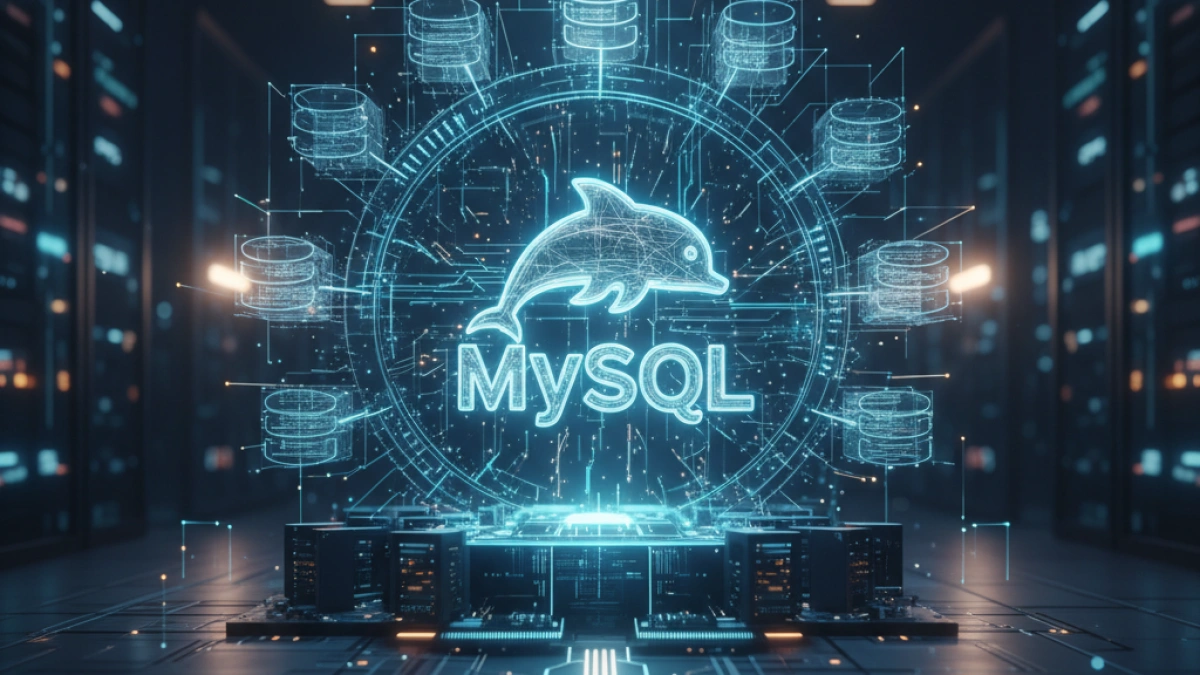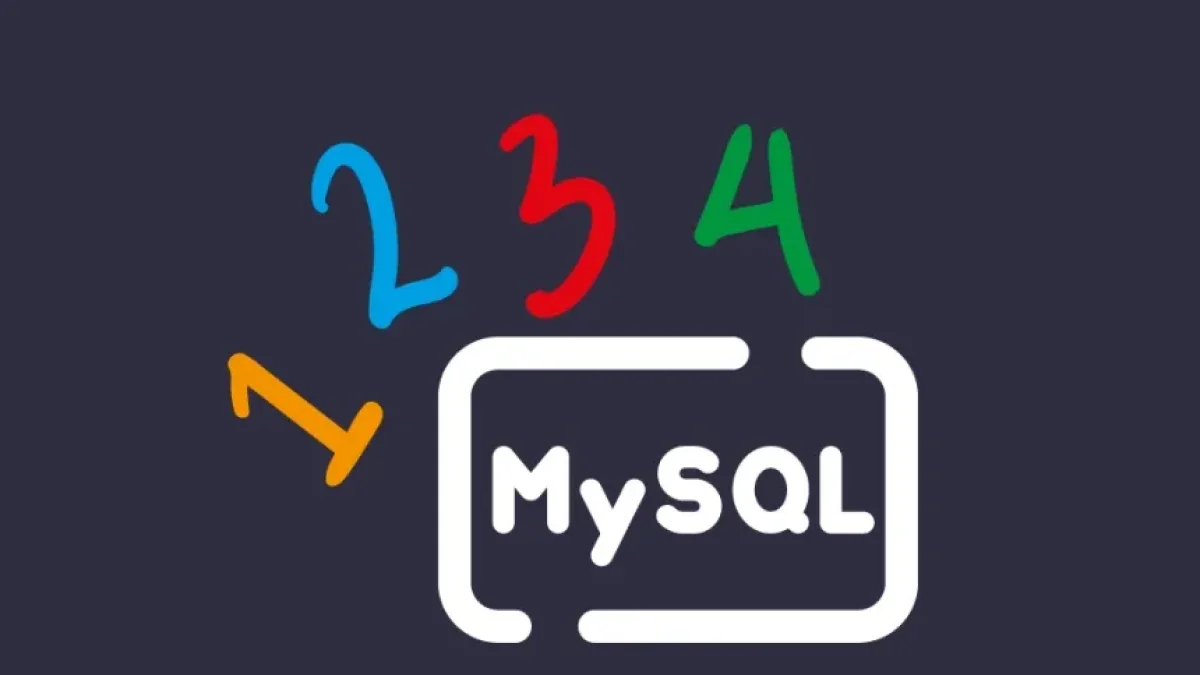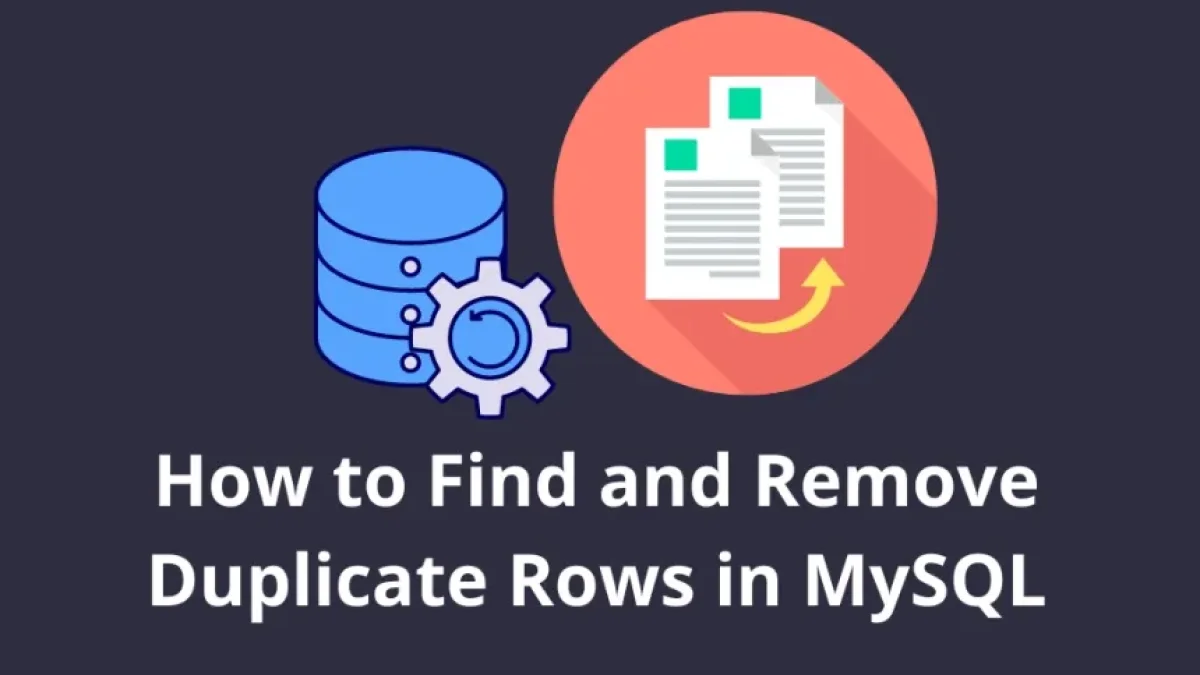What is Mysql Database Manager?


MySQL is one of the most popular and widely used database management systems in the world. It is a preferred choice for both small applications and large enterprises due to its reliability, ease of use, and performance. In this article, we will explore in-depth what MySQL is, its features, advantages, disadvantages, and how it compares to other database management systems.
What is MySQL?
MySQL is an open-source relational database management system (RDBMS) that uses SQL (Structured Query Language) to access, add, and manage data in databases. It was initially developed by MySQL AB, a Swedish company, and is currently owned by Oracle Corporation.
History of MySQL
MySQL was first released in 1995 by Michael Widenius, David Axmark, and Allan Larsson. Since its creation, it has evolved and become one of the most popular options for database management. In 2008, Sun Microsystems acquired MySQL AB, and in 2010, Oracle Corporation acquired Sun Microsystems, thus becoming the owner of MySQL.
Key Features
MySQL offers a wide range of features that make it an attractive option for developers and businesses. Some of the most notable features include:
Read also
- Open Source: MySQL is open-source software, meaning it is free for general use, and its source code is available for modification and distribution.
- High Performance: MySQL is designed to handle large volumes of data and high-speed operations.
- Scalability and Flexibility: MySQL can scale from small applications to large databases with millions of records.
- Compatibility: It supports multiple operating systems such as Windows, Linux, macOS, and many other platforms.
- Security: It offers robust security features, including host-based authentication and SSL encryption.
- Support for Multiple Storage Engines: MySQL allows users to choose between several storage engines, such as InnoDB, MyISAM, Memory, CSV, and many others.
Advantages of Using MySQL
Ease of Use
One of the biggest advantages of MySQL is its ease of use. Its syntax is simple and similar to other programming languages, making it easy for developers to learn and use MySQL without too much difficulty.
High Availability
MySQL is known for its high availability and reliability. With features such as database replication and clustering, MySQL ensures that data is available and accessible even in case of system failures.
Web Compatibility
MySQL is a popular choice for web applications due to its compatibility with PHP, the most widely used server-side scripting language. Together, MySQL and PHP form the backbone of many dynamic web applications.
Active Community and Support
As open-source software, MySQL has a global community of developers and users who contribute to its development and improvement. Additionally, Oracle provides commercial support for MySQL, offering businesses an added layer of security and technical assistance.
Disadvantages of Using MySQL
Limitations in Handling Complex Data
While MySQL is excellent for most applications, it may not be the best choice for handling extremely complex data or very intricate data relationships. Database management systems like PostgreSQL or Oracle might be more suitable in such cases.
Performance in Large Transactions
In situations requiring large transactions and intensive data handling, MySQL may not be as efficient as other commercial database management systems. However, for most applications, its performance is more than adequate.
Advanced Features
Although MySQL has significantly improved over the years, it may still lack some advanced features found in other commercial database management systems, such as Oracle or Microsoft SQL Server.
Comparison with Other Database Management Systems
MySQL vs. PostgreSQL
PostgreSQL is another open-source relational database management system that is often compared to MySQL. While both are robust and reliable, PostgreSQL is known for its support for complex data and advanced data types. MySQL, on the other hand, is generally preferred for its ease of use and performance in web applications.
MySQL vs. Oracle
Oracle Database is a commercial database management system that offers a much wider range of advanced features compared to MySQL. However, Oracle is significantly more expensive and complex to administer. MySQL is a more economical and straightforward option for many applications, especially those of small to medium scale.
MySQL vs. Microsoft SQL Server
Microsoft SQL Server is another widely used commercial database management system. Like Oracle, SQL Server offers many advanced features that may not be available in MySQL. However, MySQL remains a preferred choice for open-source applications and web development due to its simplicity and cost-effectiveness.
Common Use Cases
Web Applications
MySQL is a popular choice for web application development. Many of the world's largest web applications, including Facebook, Twitter, and YouTube, use MySQL to manage their databases.
eCommerce
eCommerce platforms like Magento and WooCommerce also use MySQL due to its reliability and performance. MySQL allows these platforms to efficiently manage large volumes of product data, transactions, and user information.
Enterprise Applications
Businesses of all sizes use MySQL for their enterprise applications. From customer relationship management (CRM) to enterprise resource planning (ERP) systems, MySQL provides a robust and scalable solution.
Conclusion
MySQL is an open-source relational database management system that has proven to be a reliable and efficient choice for a wide variety of applications. With its ease of use, high performance, and active community, MySQL remains a preferred choice for both individual developers and large enterprises. While it has some limitations compared to other commercial database management systems, its advantages make it an attractive option for many applications.


















